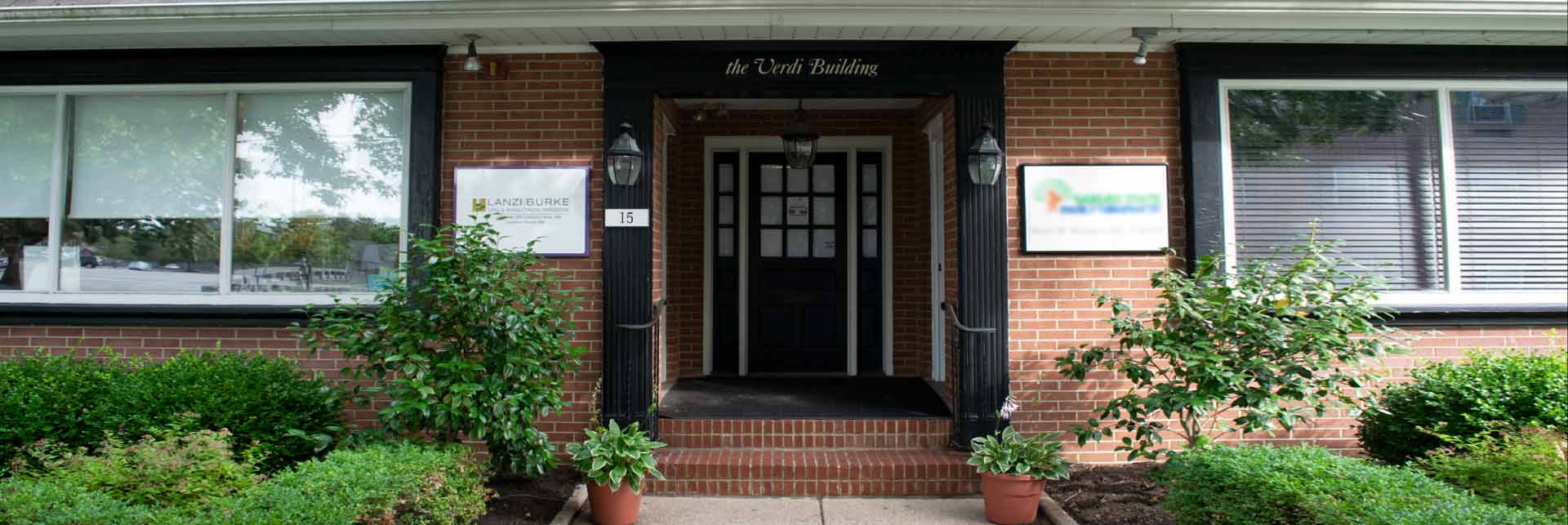Haddonfield Oral Surgeons
When a problem with the mouth or jaw cannot be addressed through at-home care, patients will likely be advised to see an oral surgeon. Some of the problems that need to be addressed by oral surgeons include missing teeth, wisdom teeth extraction, sleep apnea, and teeth grinding or bruxism. These common problems, which can create many other issues, may require a trained oral surgeon.
Why Do You Need an Oral Surgeon?
Several symptoms may initially bring a patient to the dentist but are problems that require more than dental care. The dentist will then recommend the patient see an oral surgeon. Some of those problems include:
- Jaw surgery: Sometimes, people are born with an irregular bite, others may have jaw damage from an accident. Problems with the jaw can cause difficulty with speech and often cause their teeth to become misaligned. They can impact the way patients chew food and can negatively impact their appearance.
- Wisdom teeth removal: Though many people are concerned about wisdom teeth removal, it is often necessary to do so, as wisdom teeth can overcrowd the mouth and cause cysts and gum disease.
- Sleep apnea: According to the American Sleep Apnea Association, approximately 38,000 people in the United States die each year of heart disease, with sleep apnea being a complicating factor. Sleep apnea involves difficult breathing, or not breathing at all, for short periods while sleeping.
- TMJ surgery: The temporomandibular joint (TMJ) is one of the most complicated joints in the body and allows people to talk, eat, and swallow without pain. It can also become diseased or damaged, making mouth movement painful. One cause of TMJ pain is grinding teeth, or bruxism, while sleeping. This happens to many people and is typically treated first with a mouth guard or oral splint to prevent grinding.
Teeth grinding is just one cause of TMJ pain. Sometimes, the pain is caused by structural problems in the jaw or by disease. If confirmed by an MRI scan, or when the problem is severe and conservative methods have not worked, doctors may recommend TMJ surgery.
Types of TMJ surgery include the following procedures:
- Arthroscopy/arthrocentesis: This involves fluid injected into the joint to wash it out and reduce inflammation. This is intended to reduce the joint’s stiffness and pain, giving the jaw more range of motion. Arthrocentesis is minimally invasive. Arthroscopy is less invasive than open surgery, with recovery time being typically a week.
- Joint restructuring: This involves smoothing the condyle and restructuring the joint. In some cases, the joint may be replaced with an artificial joint. This surgery is typically performed on patients with badly deteriorating joints.
Teeth in a Day
People who have missing teeth may have an immediate option. Advancements in oral surgery can now provide patients with temporary but fully functional teeth from their first appointment with the Teeth in a Day procedure.
How to Prepare for Your First Visit
Patients are typically expected to provide a photo ID, copies of medical and dental insurance cards, a referral from the general dentist, any insurance referral forms, and any recent X-rays. An initial consultation involves an examination of the mouth, focusing on the problem area. An oral surgeon will also review the patient’s medical history. This would include any medicines the patient is currently taking and allergies.
Sometimes, surgery is the only way to solve a problem. Your oral surgeon will go over surgical instructions to help you prepare.
Haddonfield Oral Surgeons at Lanzi Burke Oral & Maxillofacial Surgeons Perform a Variety of Surgical Procedures
Haddonfield residents with dental, jaw, or facial problems need a surgical team they can trust. Our Haddonfield oral surgeons at Lanzi Burke Oral & Maxillofacial Surgeons have decades of experience and can help you. Call us at 856-582-4222 or contact us online to schedule a consultation. Located in Washington Township, Haddonfield, and Woolwich Township, New Jersey, we serve patients throughout South Jersey.

